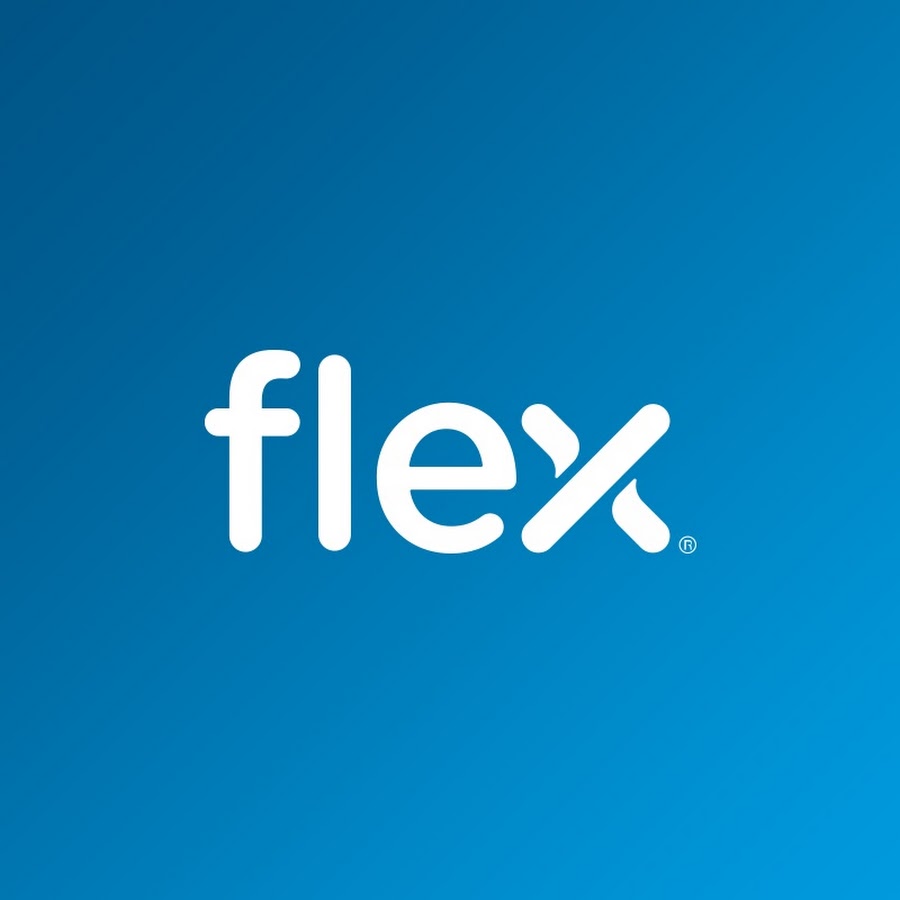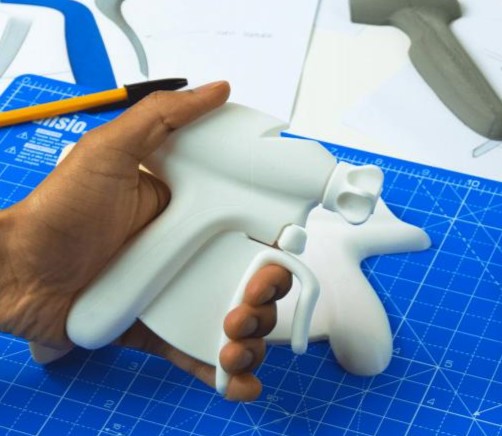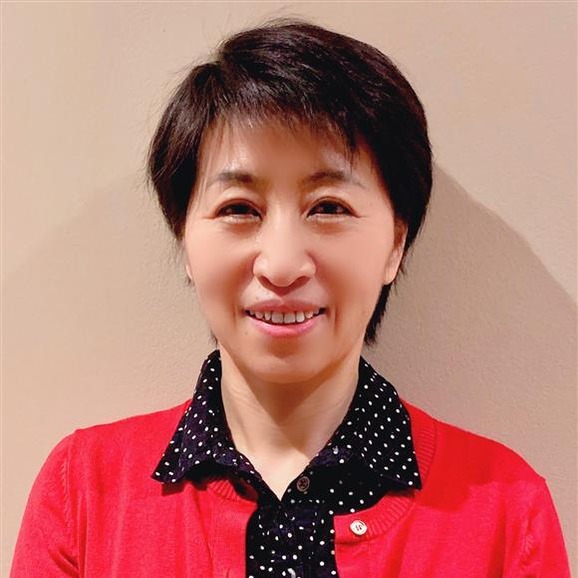

“Companies that operate with business integrity elevate industry standards and perform better in the long-term. We are impressed with Flex’s continued focus on ethical business practices, and dedication to making a real impact for its stakeholders.”

“Companies that operate with business integrity elevate industry standards and perform better in the long-term. We are impressed with Flex’s continued focus on ethical business practices, and dedication to making a real impact for its stakeholders.”

Product developers need to understand the technical challenges in device miniaturization but should be careful not to go beyond what is needed for the product. Sometimes further miniaturization is critical to the success of a product, sometimes it is superfluous, and sometimes it is even detrimental.

While pharmacogenomics has traditionally been the domain of academic research, policymakers are now showing a burgeoning interest in its potential to enhance patient outcomes and mounting evidence from the pharmaceutical industry is fueling interest in this field.

IDC took on the design challenge to create industry preferential surgical shears through improved ergonomics and usability. Ultrasonic shears are widely popular minimally invasive surgical instruments used for long periods in high pressure scenarios.

The consent decree restricts the production and sale of new continuous positive airway pressure (CPAP) machines, bi-level positive airway pressure (BiPAP) machines and other devices at several Philips Respironics facilities in the U.S. until certain requirements are met.

On April 17, the FDA is hosting a Virtual Public Workshop on approaches to Accreditation Scheme for Conformity Assessment Expansion.

IoT is a key factor in patient-focused digital transformation. The technology enhances precision lab equipment and operations, providing greater clarity of medical data, streamlining experimentation and fueling industrial automation.

The Investigational New Drug (IND) application and the New Drug Application (NDA) stages are critical milestones in drug development, but they are different applications. Developers and sponsors must understand which application requires which data and when. Here we highlight strategies, hurdles and data required for successful drug development from IND to NDA.

Implementing a hybrid work environment with R&D teams yields significant benefits but also presents challenges. In this article, we explore how to achieve successful R&D programs within the context of hybrid environments and share key strategies and best practices to effectively navigate the challenges, including the safeguarding of sensitive information and data.

The Rubitection skin assessment management tool for chronic wounds and Kofimi Technology’s pediatric pulse oximeter device received a combined $50,000 in grant funding as part of the ADPI-led pitch competition.